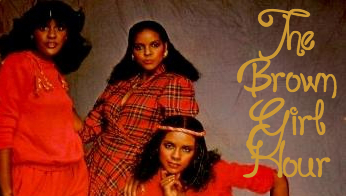While African Americans managed to emerge from chattel slavery and the oppressive decades that followed with great strength and resiliency, they did not emerge unscathed. Slavery produced centuries of physical, psychological and spiritual injury. Post Traumatic Slave Syndrome: America’s Legacy of Enduring Injury and Healing lays the groundwork for understanding how the past has influenced the present, and opens up the discussion of how we can use the strengths we have gained to heal.
‘When African-Americans accept the deprecating accounts and images portrayed by the media, literature, music and the arts as a true mirror of themselves, we are actually allowing ourselves to be socialized by a oppressive society.
Evidence of oppressive socialization can be readily seen when African-American children limit their aspirations’ It can be seen when we use the accumulation of material things as the measure of self-worth and success.
So, in spite of all our forbears who worked to survive and gain their freedom; in spite of the efforts of all those who fought for civil rights’ we are continually being socialized by this society to undervalue ourselves, to undermine our own efforts and, ultimately, to hate ourselves. We are raising our children only to watch America tear them down.’
This is a must read for seekers and searchers, for it will empower you. It will also enlighten people who have never had the opportunity to experience the oppression of slavery. I’m not talking about discrimination but Racism that erodes our very humanity. I’ve never felt so strongly about a book that I myself, have yet to read.
 In this episode KC, Chris, Tash, Carmen, Leisha, Toria, Chris #2, KJ and Lady J discuss abuse in relationships and against children, which is being pushed into the forefront by the NFL and its players. We touch on spanking vs beating, fear of carrying abuse into future relationships, being present in your kids daily lives, women as abusers, zero tolerance policy, a more agressive generation and more.
In this episode KC, Chris, Tash, Carmen, Leisha, Toria, Chris #2, KJ and Lady J discuss abuse in relationships and against children, which is being pushed into the forefront by the NFL and its players. We touch on spanking vs beating, fear of carrying abuse into future relationships, being present in your kids daily lives, women as abusers, zero tolerance policy, a more agressive generation and more.






